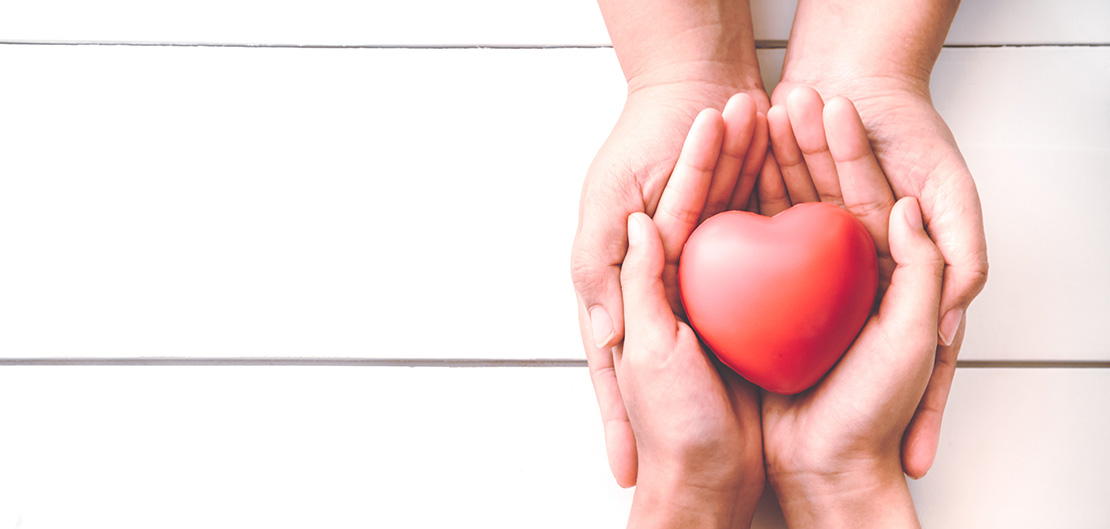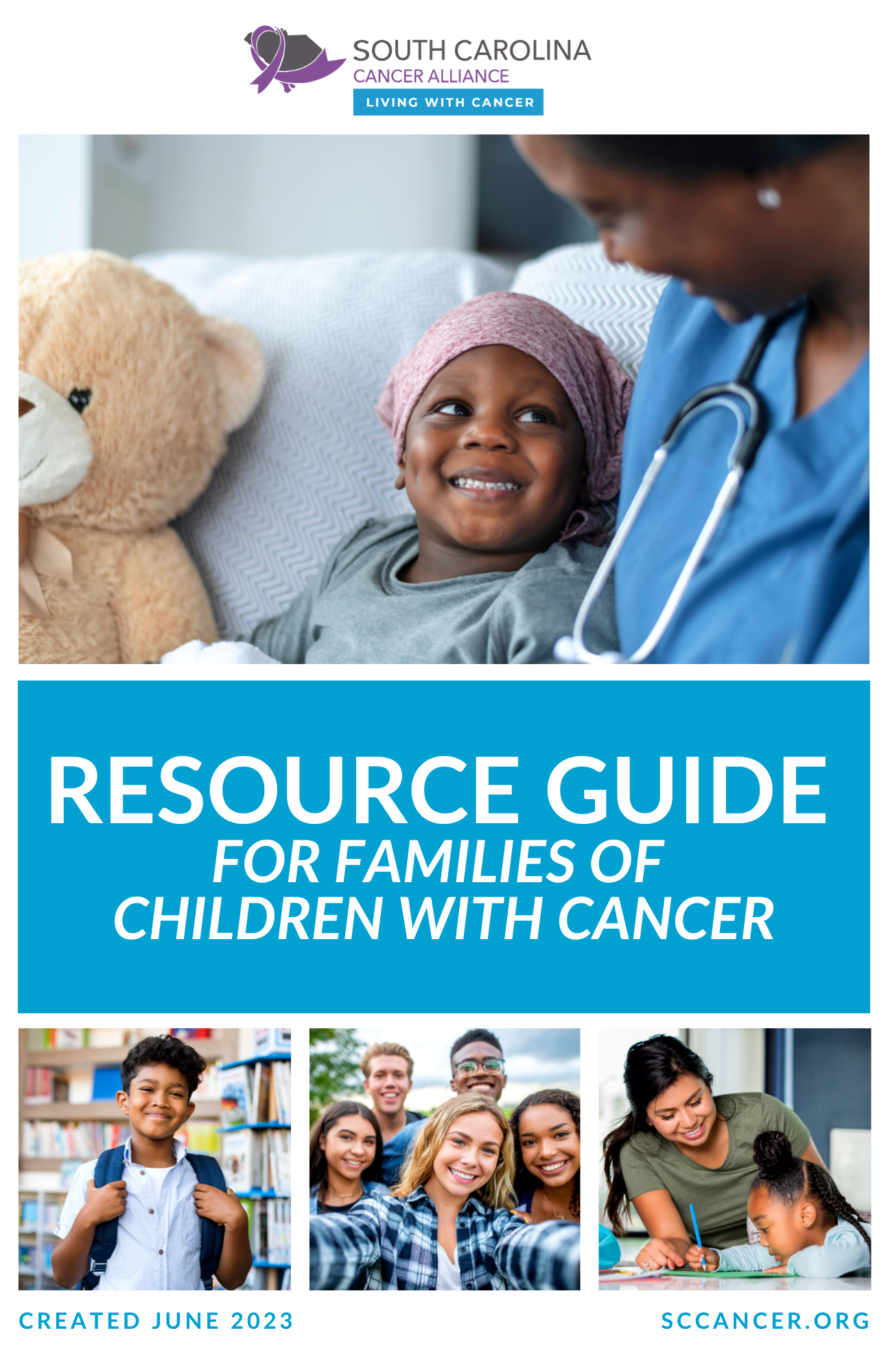Support Resources for All Ages

Here are some resources that can help pediatric cancer patients and survivors of all ages.
The ALSF produces programs to support families with travel costs, school support, navigation, sibling support, and more.
The ACCO provides support resources to parents of children diagnosed with cancer through face-to-face and online support groups. Additionally, the ACCO produced A Parent’s Guide to Enhancing Quality of Life in Children with Cancer.
Angel Aid provides emotional support to families living with rare, chronic, and complex diseases. Connect with other caregivers, learn self-care tools, and be listened to without judgment.
The Austin Hatcher Foundation helps children and families build the tools to cope and thrive after childhood cancer. Services include counseling, music and art therapy, family programs, occupational therapy, industrial arts classes, healthy lifestyle education, and more.
Camp Happy Days serves children with cancer and their families across South Carolina. Camp Happy Days offer support and encouragement by providing cost-free year-round programs, special events, and access to crisis resources. The goal is to improve the physical, emotional, and psychological health of the entire family facing pediatric cancer.
The Chemo Angels program supports cancer patients through buddy support during the cancer journey. Angels send uplifting messages and supporting words of encouragement to help give patients the comfort and confidence of knowing they are not alone in their fight. Chemo Angels aim to fuel a positive attitude and aid in the road to recovery.
Children’s Brain Tumor Foundation provides quality-of-life programs for families impacted by brain and spinal cord tumors. Programs include art and creativity, mentoring, online support groups for various age groups, including AYA and young professionals, yoga, and more.
Children’s Cancer Partners of the Carolinas helps to support cancer kids and their families throughout their journey and beyond, up to age 21. This comprehensive and continuous support includes travel funds, resource connections, gifts-in-kind, and psychosocial support.
The CCRF seeks to give children creative opportunities to express themselves and find comfort through the Big Dreams program, the C.C. Bear program, and Camp Norden.
CAC2 aids families of children with cancer through the Family Support Interest Group, which seeks to educate families and share resources.
Courageous Kidz, Inc. is a non-medical organization that strives to provide year-round activities and experiences for children with cancer in South Carolina.
Contact: 843-767-2129
Location: 230 Old Dominion Dr., Charleston, SC 29418.
The Courageous Parents Network is a non-profit organization that orients and empowers parents and others caring for children with serious illnesses by providing resources and tools that reflect the experience and perspectives of other families and clinicians. Here—in videos, podcasts, printable guides, Guide Pathways, and blogs—you will find wisdom from families and pediatric clinicians to help you feel you are doing your best for your child and family.
Family Connections of South Carolina offers a variety of programs and services to address questions and concerns related to complex healthcare, mental health, and educational systems that families must navigate when caring for a child with disabilities and/or chronic/life-threatening medical issues.
Hope Cam helps kids stay connected with their classmates as a way of reducing isolation and depression and improving support during treatment.
Imerman Angels provide comfort and understanding for all cancer fighters, survivors, previvors, and caregivers through a personalized, one-on-one connection with someone who has been there.
The MaxLove project provides resources for families to enhance their quality of life outside the hospital. Programs include personalized cooking classes, whole-family wellness resources, peer social support, and more.
Momcology is a national organization that provides platforms for primary caregivers to support one another, reflect on experiences, and identify personal self-care strategies. This includes online support, caregiver retreats, and more.
The My DIPG Navigator program offers one-on-one support from DIPG/DMG Nurse Navigators with many years of experience in pediatric oncology. These nurses work directly with families to help them better understand the diagnosis and treatment options, connect to proper resources they may need, and offer support throughout the family’s entire DIPG/DMG journey.
The NCCS’s Family Support Program dedicates a case manager to each family throughout their journey. These case managers are trained to provide practical and emotional support, as well as to refer families to other resources. In addition, the NCCS has a Mentorship Program and a private Facebook Group to give families further ranges of support.
The Neuroblastoma Children’s Cancer Society hosts a Facebook Support Group for families and patients, as well as extensive handbooks on Neuroblastoma and Survivorship.
The Pediatric Brain Tumor Foundation provides resources and virtual support groups for families in all stages of diagnosis, treatment, and life afterward.

